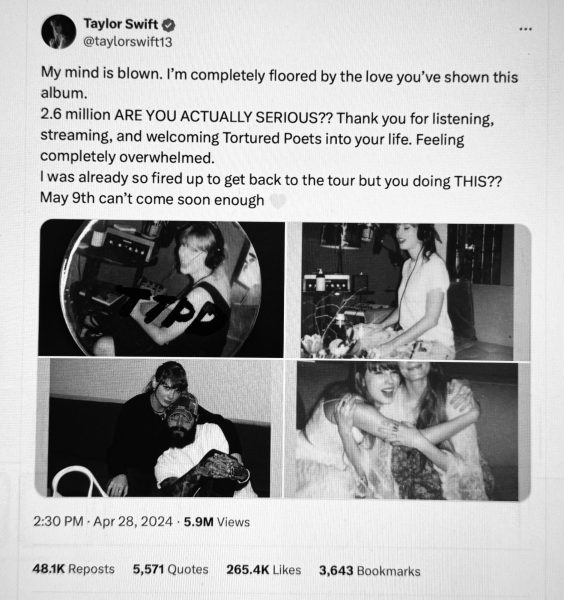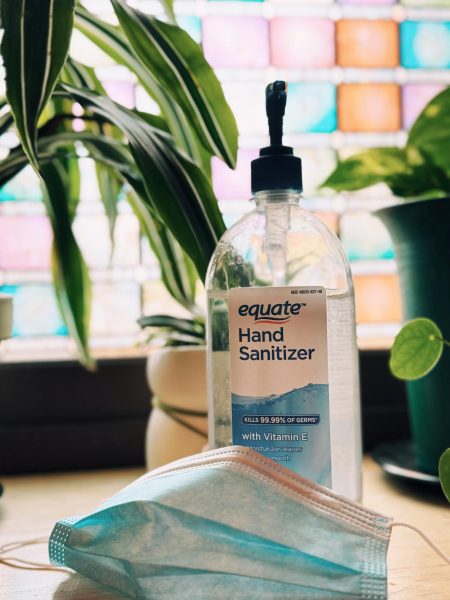The American disease
The great American disease has been branded into us generation after generation.
Codependency is an unrecognized epidemic. The psychological disorder results from dysfunctional relationships. Previously, the term was used to describe the behavior of spouses, children or parents of substance abusers, namely alcoholics.
As the term has become more recognized in the medical industry, the symptoms pertaining to co-alcoholics manifest within many other dysfunctional relationships. Though the cause of the problems are different, the effects are the same.
Codependency is a disease of control, and a disease of perfectionism. It’s prevalent in daily routines and eventually infects the codependent’s life.
As a diagnosed codependent I can attest to the consuming inability to fight the disease. Codependency is treated in the same facilities as recovering alcoholics because the disease is just as debilitating, and just as serious.
The inability to set healthy boundaries with both themselves and with others leads to the upheaval and destruction of codependent’s lives. The more they struggle to gain control, the stronger the disease becomes and the harder it is to escape its grasps.
As codependency evolves, it causes low self-esteem. Codependents people-please to absurdity, and they’re terrified of letting people down, to the point of obsession. They play caretakers of others even though it often causes self-destruction.
Though codependents suffer from enslaving themselves to dependent people, they too are guilty of dependency. The approval from others is the drug that codependents need. Without it, they slip into depression and can even become suicidal. They feel like they’re worthless and no one needs them.
Symptoms are unrecognizable in many cases today, because it’s the American way. Traits of caring and giving are honorable, even if it’s to extremes. We vow to help others achieve their goals, even if it’s at the sacrifice of our own needs.
We’re taught by our parents, school teachers and even Hollywood that we should put other people’s needs before our own.
What we don’t realize is that we’re teaching each generation to be more self-destructive by creating emotionally unhealthy and unstable relationships.
Learning the importance of boundary setting is such an important, yet overlooked life strategy.
The most important person in your life is you, and we should start to teach that to our children instead of people-pleasing.
The path to recovery is a long one and relapses are frequent. Everyday is a struggle to make the best choices for myself because I constantly feel obligated to do what other people need or want.
Beyond that, the crushing fear of being alone because I have let someone down is possibly the hardest part to overcome.
Past mistakes burden my mind with thoughts of failure, and I feel guilty that I ever made them in the first place. I’ll never be good enough because I’ve made mistakes before and can’t erase them.
Every new person I meet means a new relationship and a new boundary that needs to be set, which is difficult for codependents. I want to help others achieve the potential I see in them, even if it’s an unattainable goal.
Codependency, like alcoholism, is never cured. It just becomes manageable.
What I hope is that the next generation has the opportunity to learn how to make healthy relationships with themselves and with others. Once we can teach our children to be happy with themselves and content with others, we eliminate codependency.
Recognizing within ourselves our destructive patterns of behavior is the first necessity. A healthy balance between generosity and self-love will help us be on our way to a happier, healthier future.
Sarah Greenlee is the opinion editor for The Dakota Student. She can be reached at [email protected].











